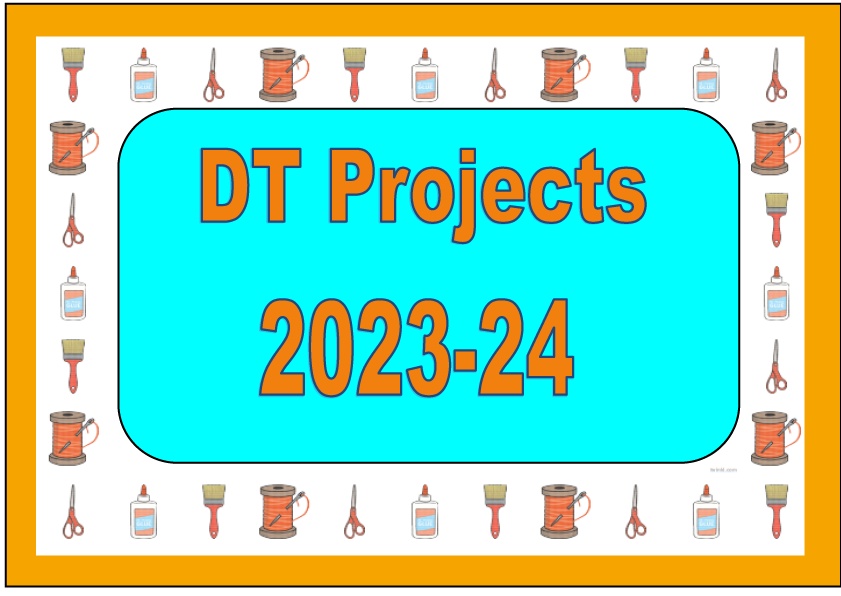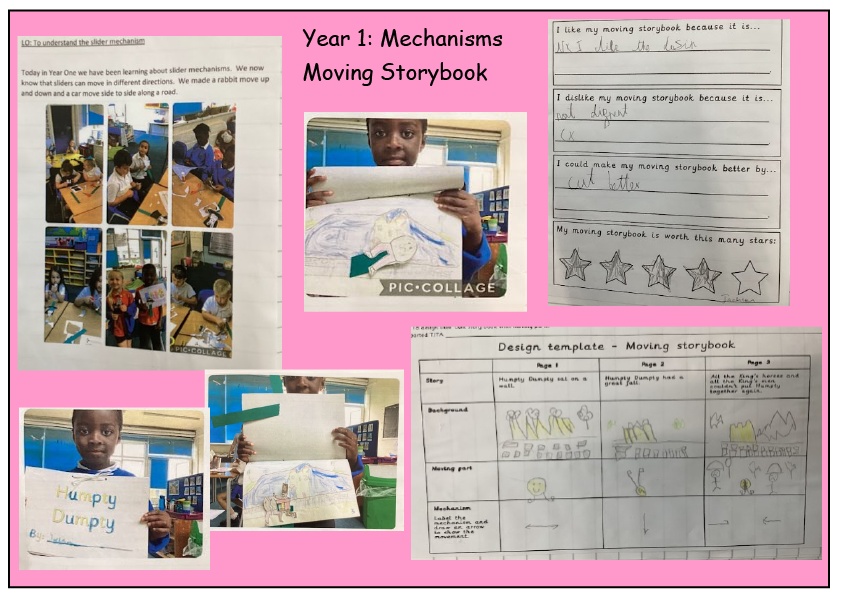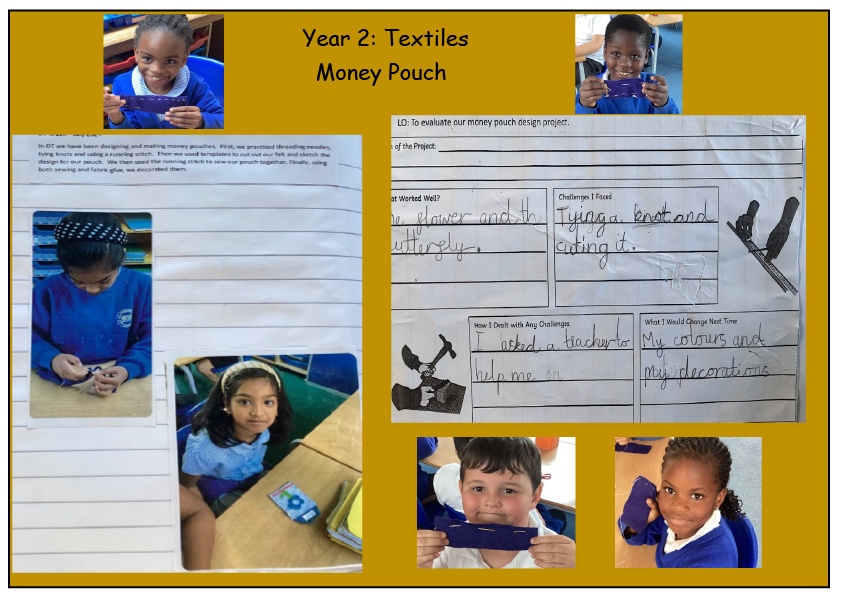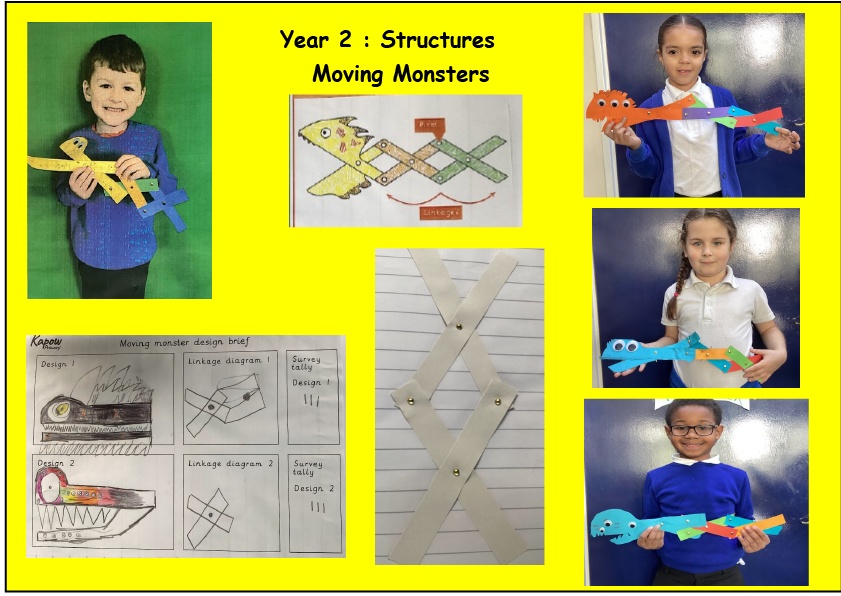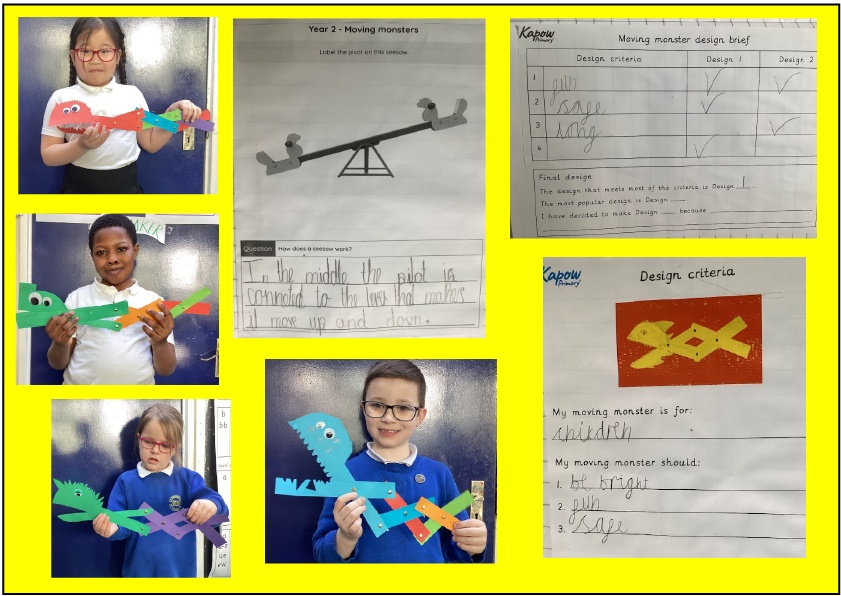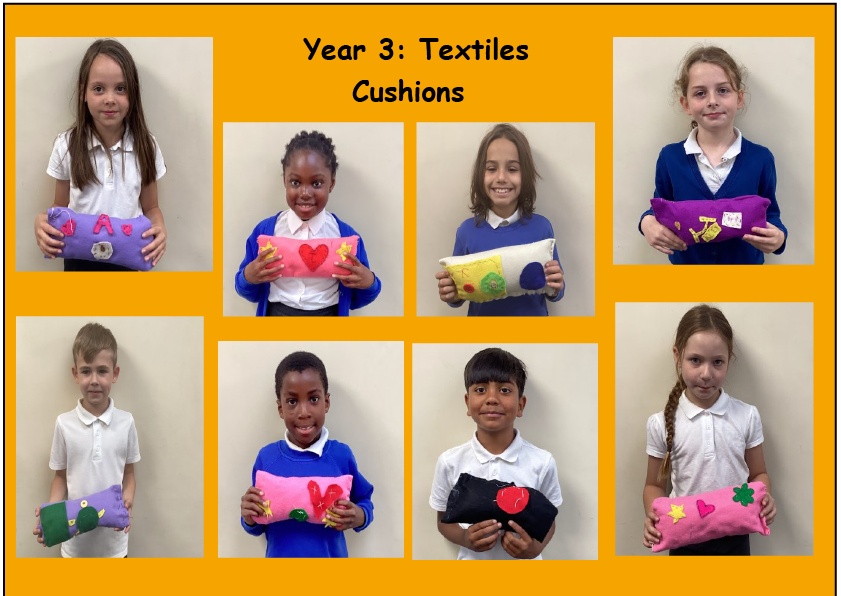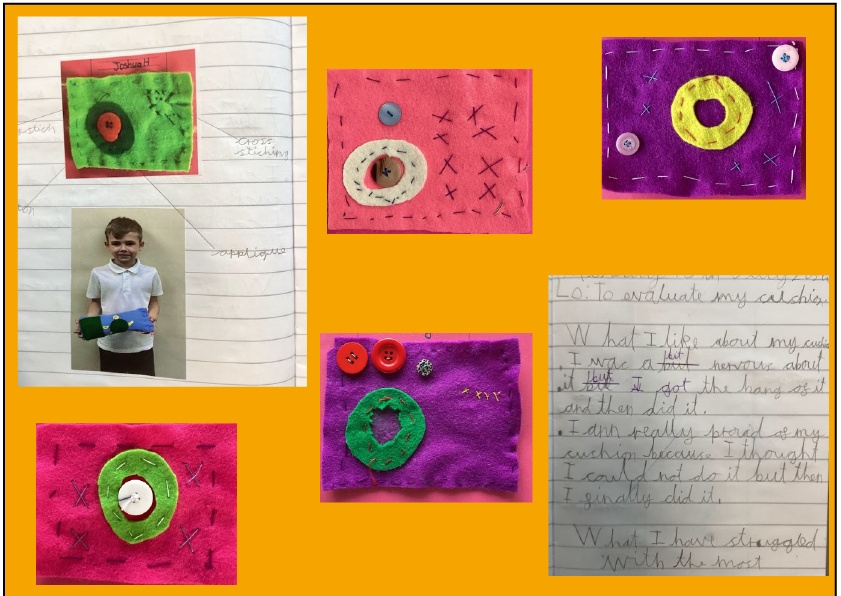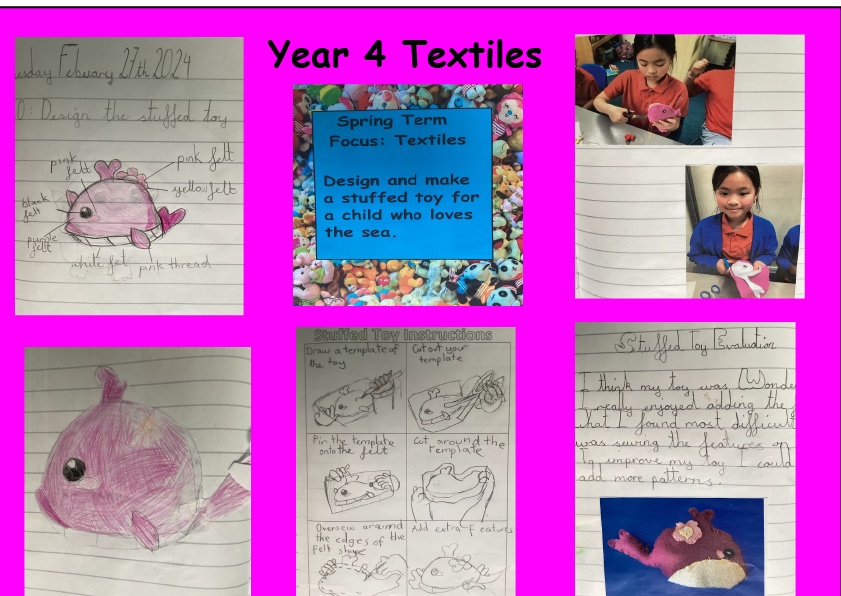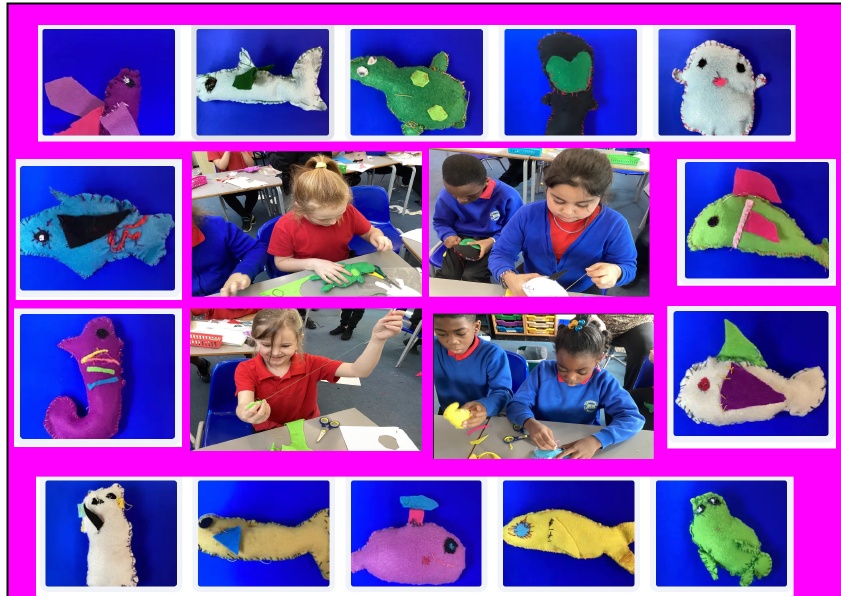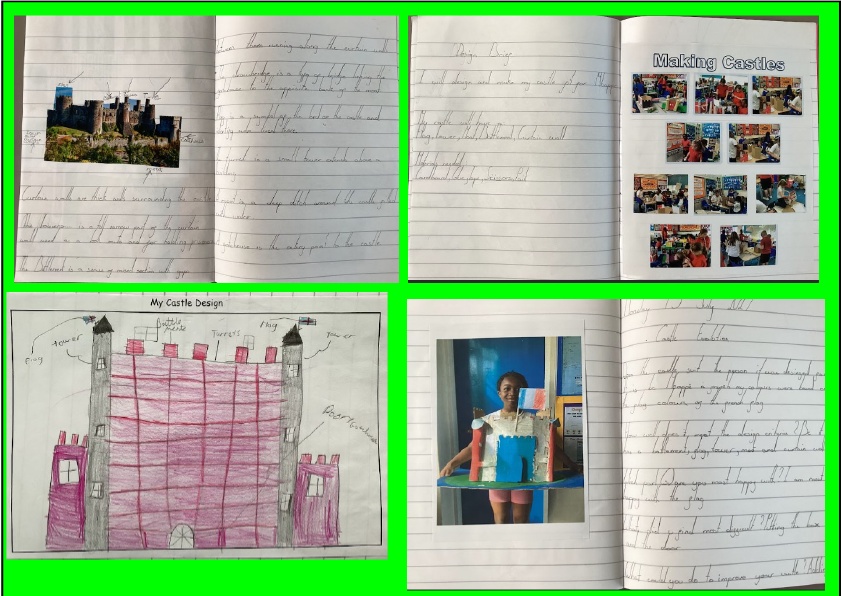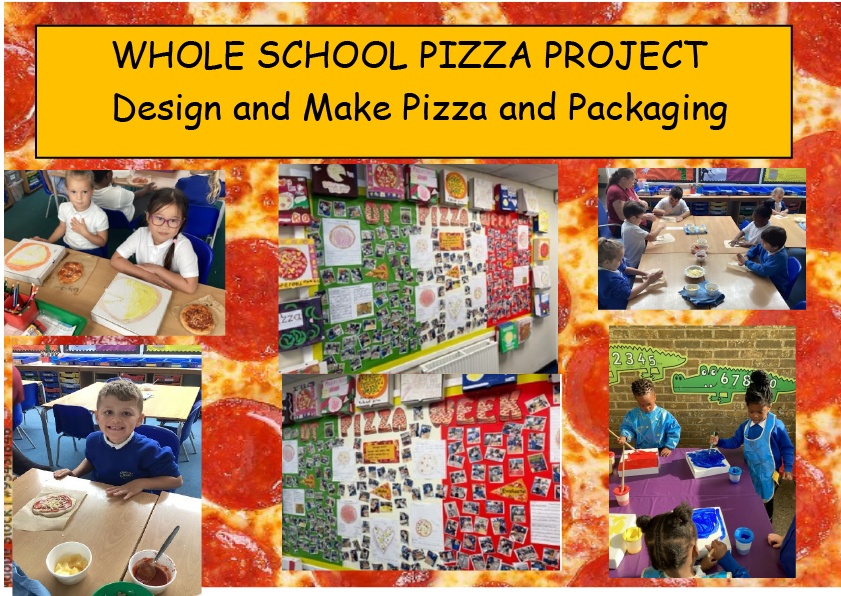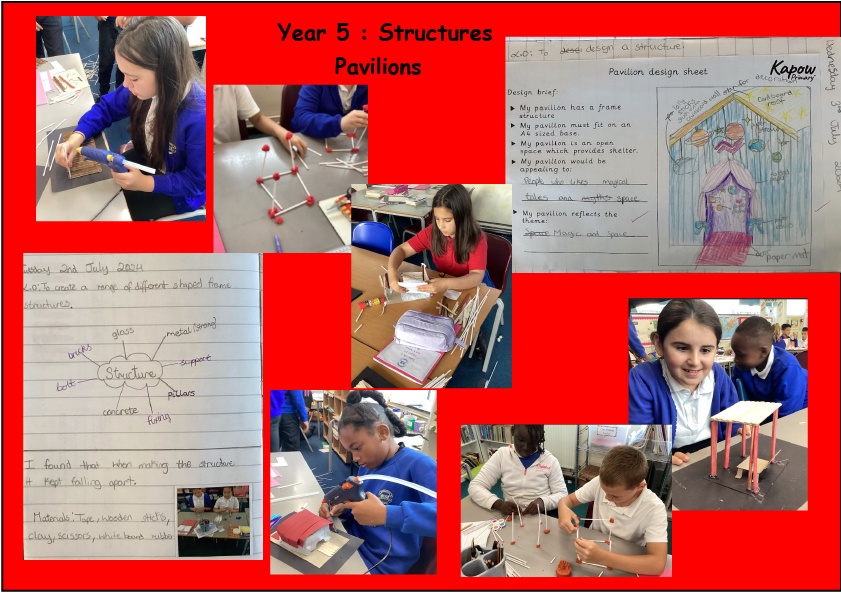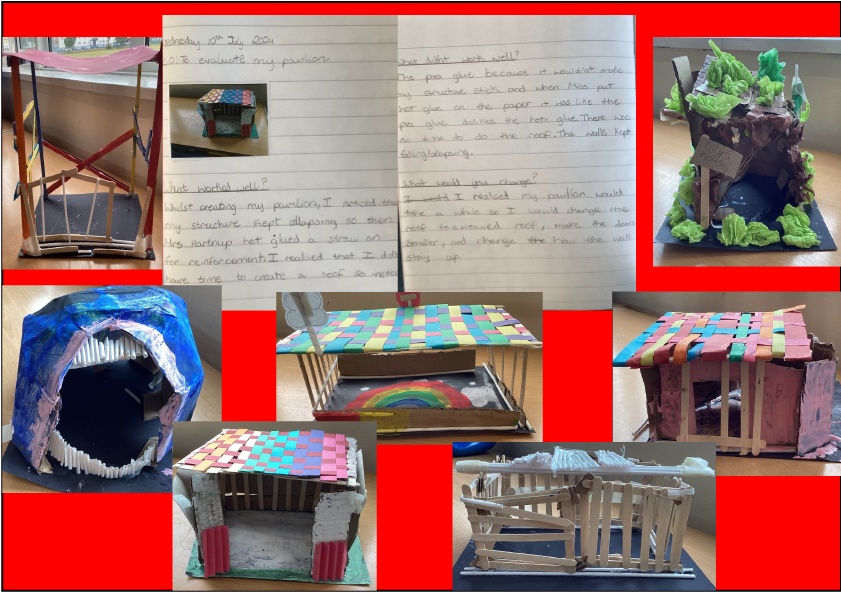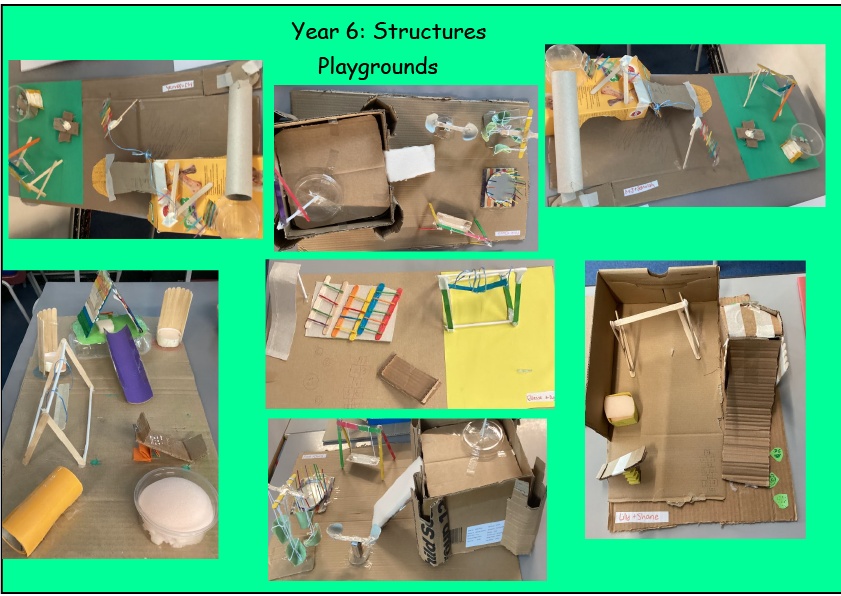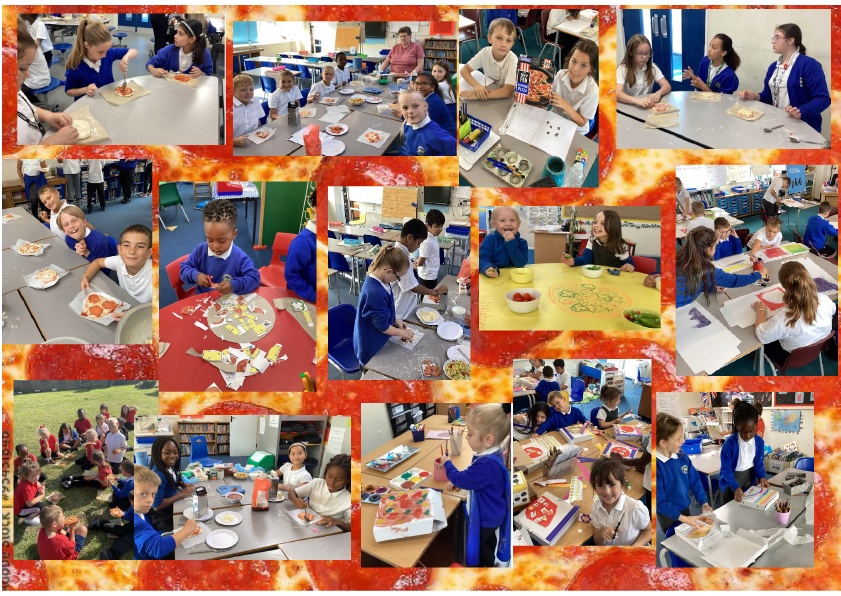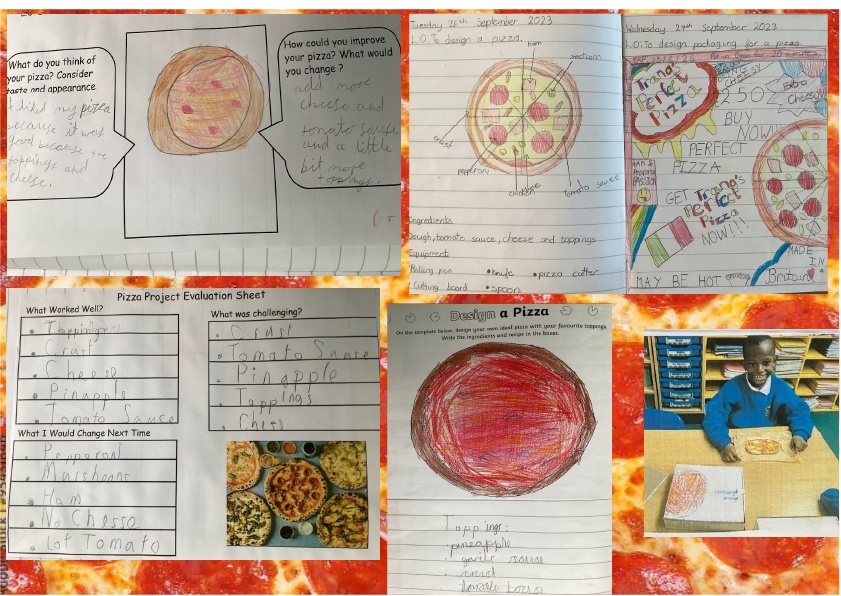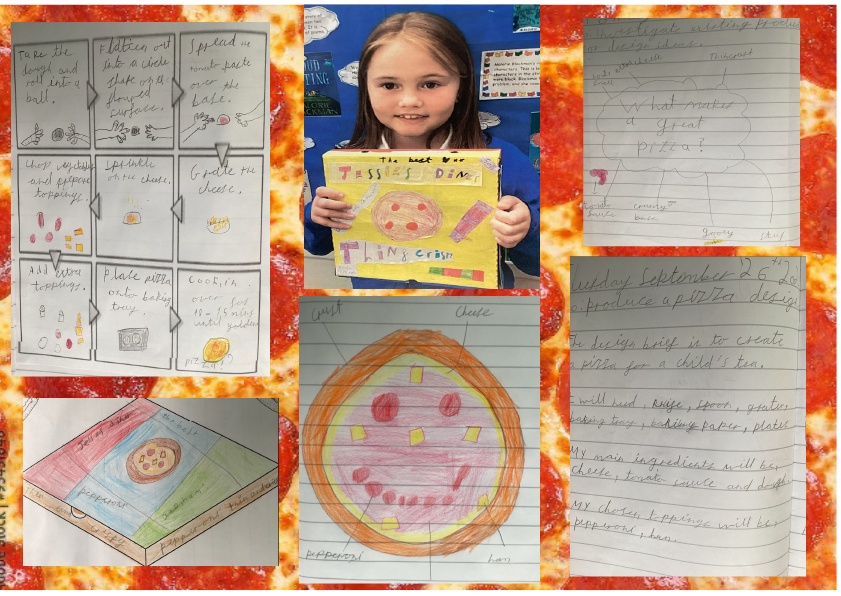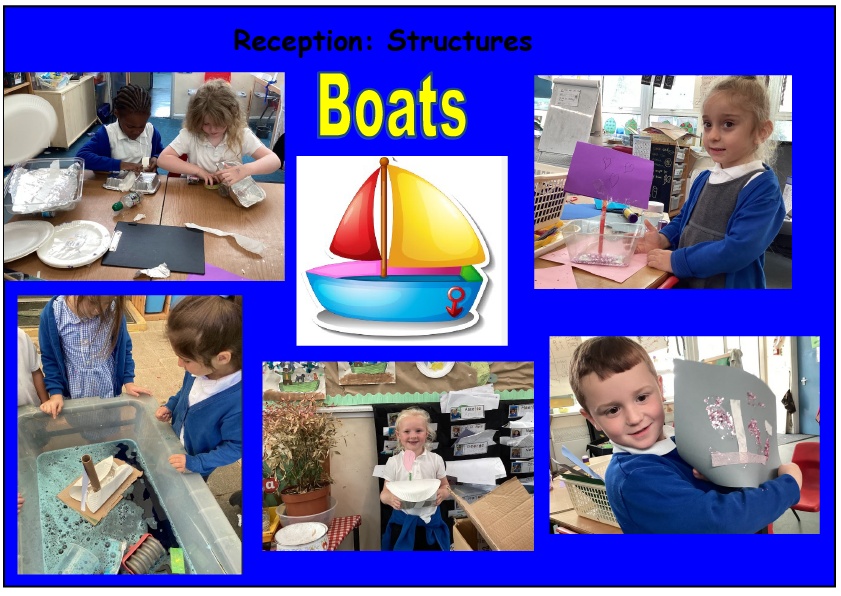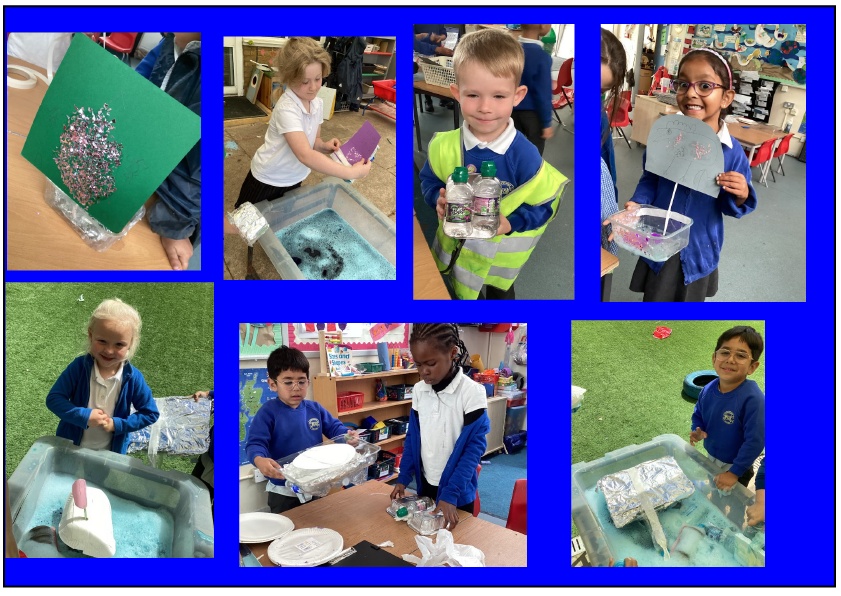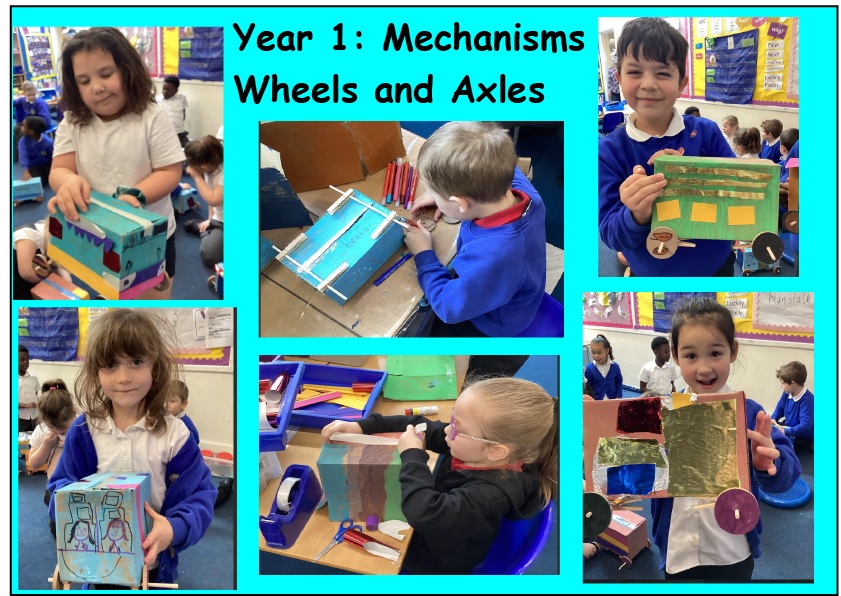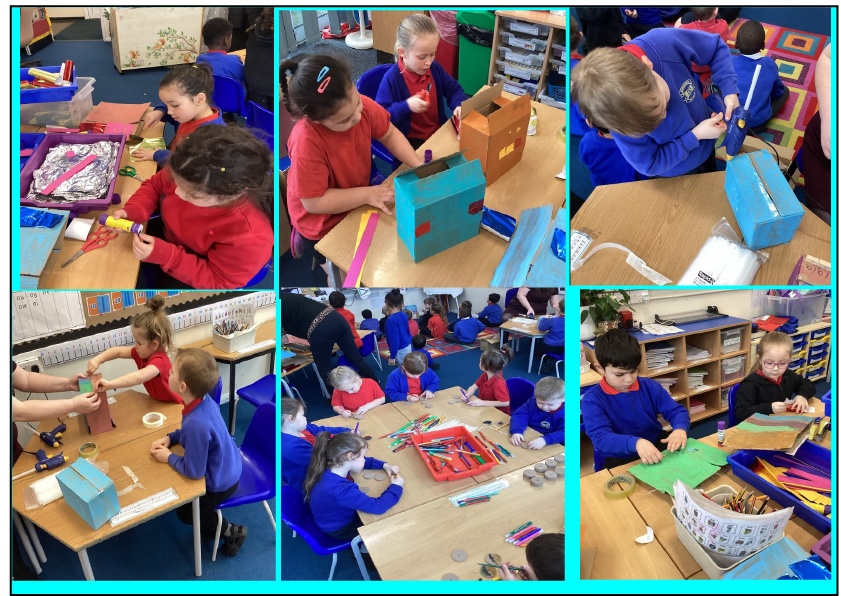DT
DT Vision
At Rowdown Primary School, children receive an extensive design and technology curriculum which allows them to exercise their creativity through design and making new and exciting products. It supports the children to be innovative and successful in the world we live in today. The design and technology curriculum at Rowdown enables children to become product makers that solve real life and relevant problems considering their own needs and the needs of others. Children will build on a range of skills including science, computing, food technology, art and mathematics. We believe our curriculum prepares children for their future. It teaches them to analyse, solve problems, extend their practical skills and evaluative skills both individually and as part of a team. D&T is a subject children love and our aim is that they will aspire to become the designers, creators and innovators of the future.
How is DT taught?
- D&T is taught as part of termly topics using ‘Kapow’ schemes of work. This is either a ‘standalone’ project or compliments current topics being taught.
- Throughout KS1, children are taught the four key strands- Textiles. Food and Nutrition, Mechanisms and Structures. In KS2 two extra strands – Electrical Systems and Digital World are added.
- D&T is taught in a block over the course of a week per term.
- D&T is taught through a variety of exciting, creative and practical activities to promote a love of learning.
- Children understand the key skills and vocabulary required in each project through our Knowledge Organisers.
National Curriculum
The national curriculum states that “Design and Technology is an inspiring, rigorous, and practical subject. Using creativity and imagination, pupils design and make products that solve real and relevant problems within a variety of contexts, considering their own and others’ needs, wants and values. High-quality design and technology education makes an essential contribution to the creativity, culture, wealth and well-being of the nation.”
The curriculum aims to ensure all pupils:
- develop the creative, technical, and practical expertise needed to perform everyday tasks confidently and participate successfully in an increasingly technological world
- develop knowledge, understanding and skills in order to design high quality products for a range of users
- critique, evaluate and test their ideas and products and the work of others
- understand and apply the principles of nutrition and learn how to cook


